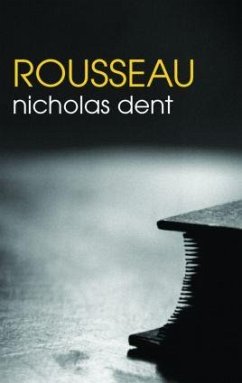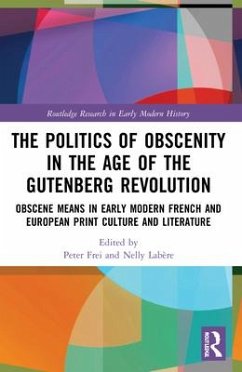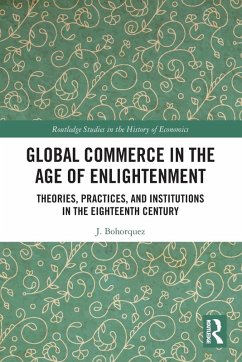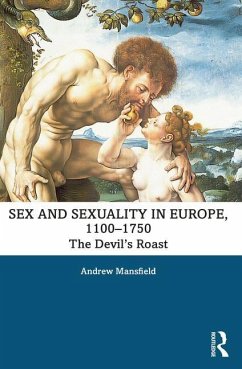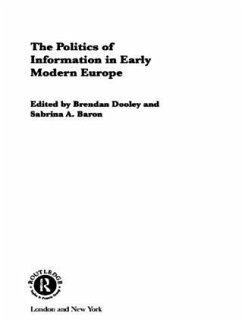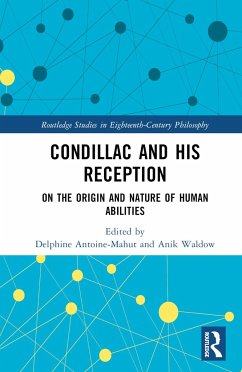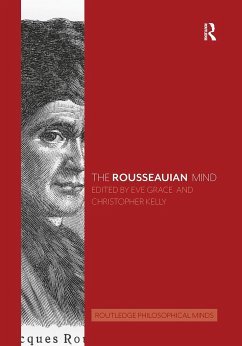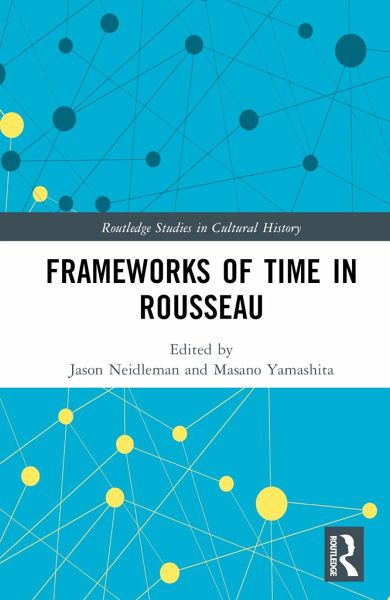
Frameworks of Time in Rousseau

PAYBACK Punkte
77 °P sammeln!
Frameworks of Time in Rousseau explores the ways in which Jean-Jacques Rousseau envisaged time as a diagnostic tool for understanding the state of society and the predicaments of modernity. Central to his conceptualization of both nature and history, time also plays a unique role in Rousseau's literary and aesthetic explorations of selfhood and affect.This book brings into dialogue specialists from education, political theory, literature, and cultural studies with the aim of underscoring Rousseau's contributions to themes that preoccupy us today such as the appreciation of slow time, the uncou...
Frameworks of Time in Rousseau explores the ways in which Jean-Jacques Rousseau envisaged time as a diagnostic tool for understanding the state of society and the predicaments of modernity. Central to his conceptualization of both nature and history, time also plays a unique role in Rousseau's literary and aesthetic explorations of selfhood and affect.
This book brings into dialogue specialists from education, political theory, literature, and cultural studies with the aim of underscoring Rousseau's contributions to themes that preoccupy us today such as the appreciation of slow time, the uncounted time of women's lives, and temporal challenges related to politics and the economy.
This book brings into dialogue specialists from education, political theory, literature, and cultural studies with the aim of underscoring Rousseau's contributions to themes that preoccupy us today such as the appreciation of slow time, the uncounted time of women's lives, and temporal challenges related to politics and the economy.





